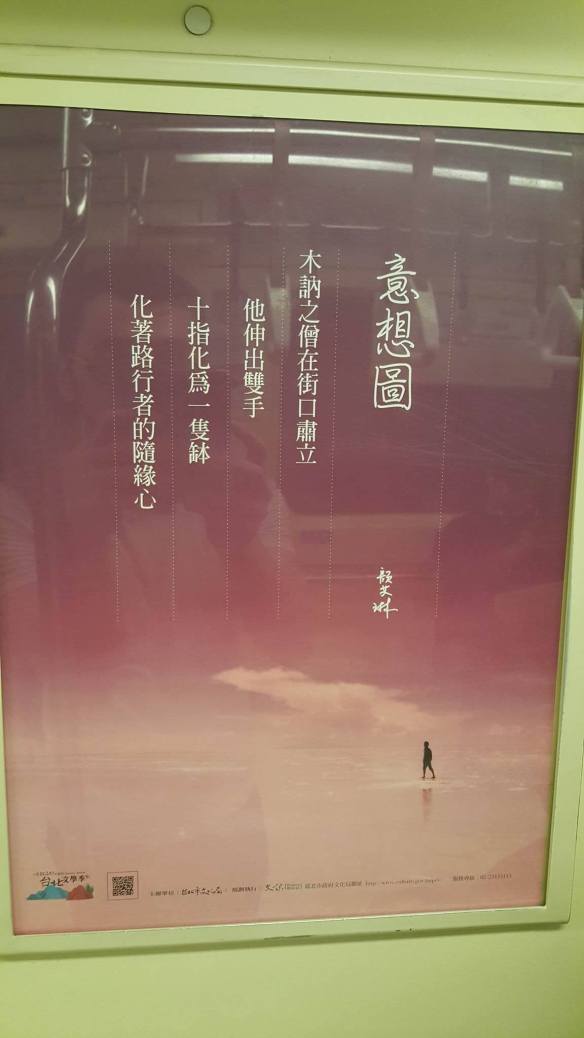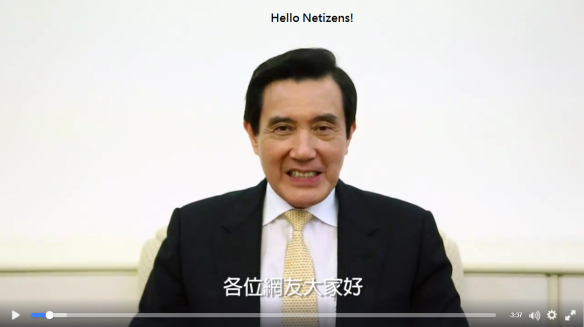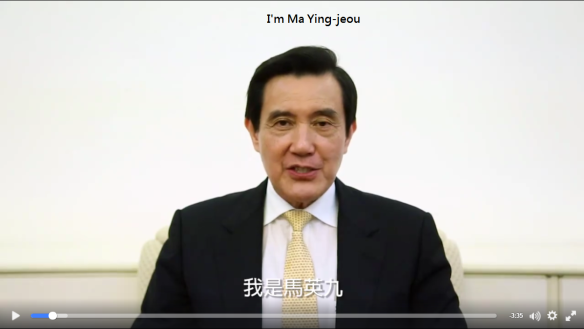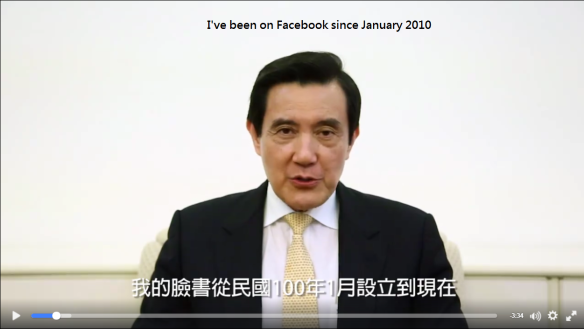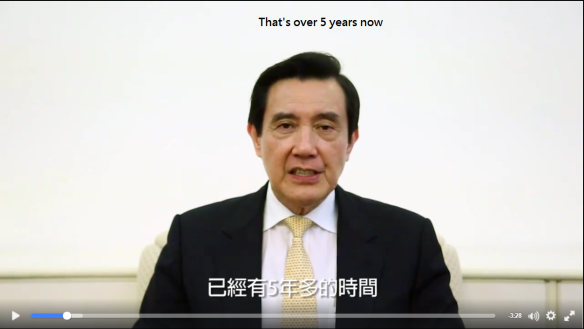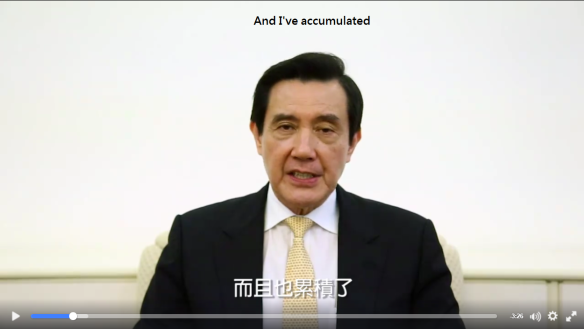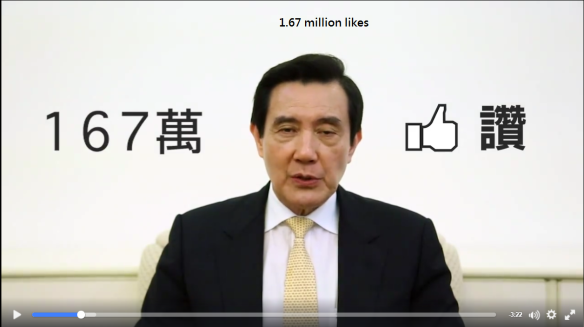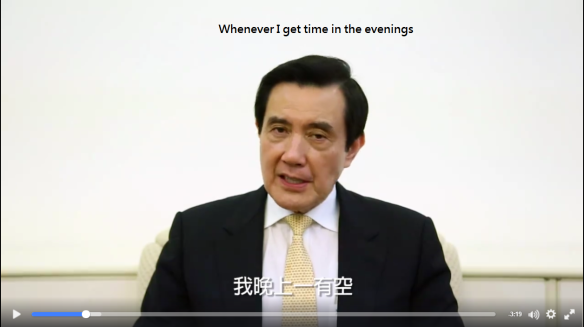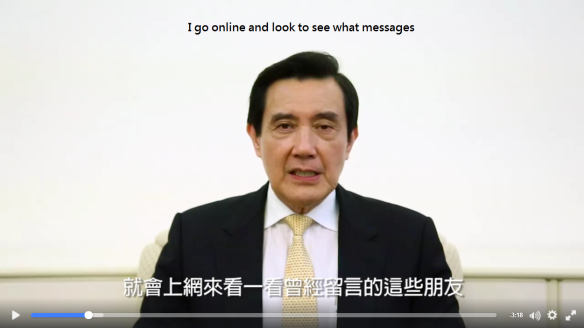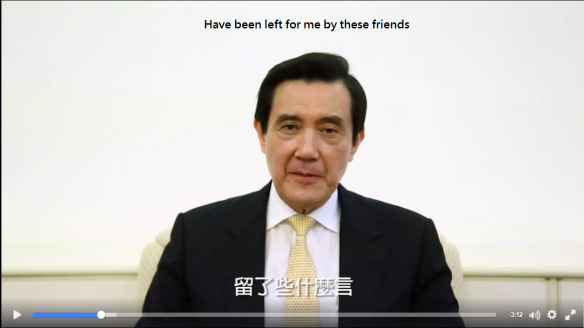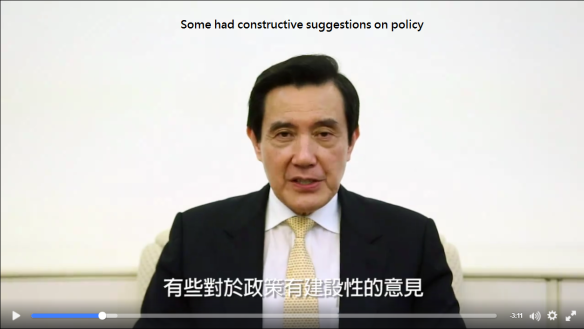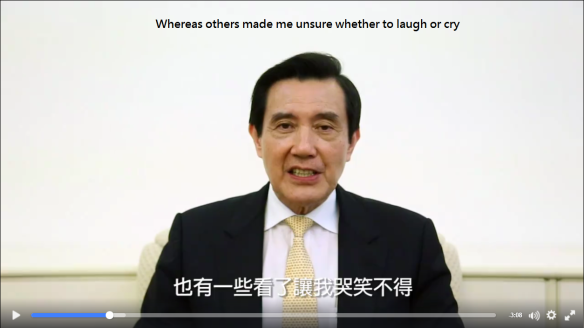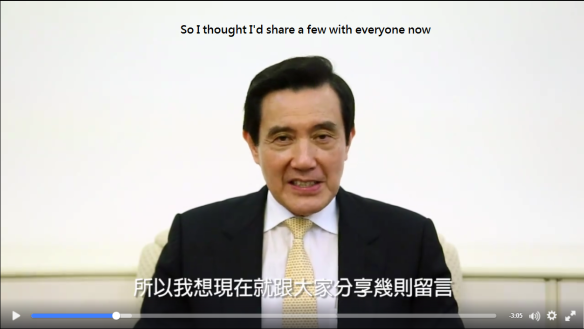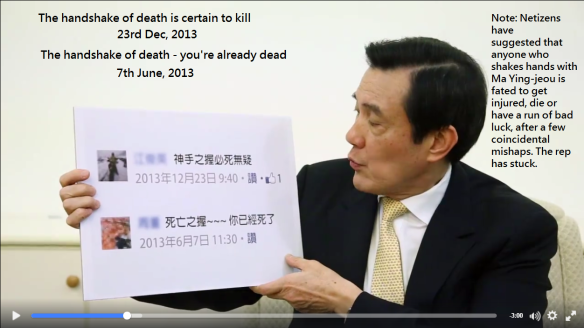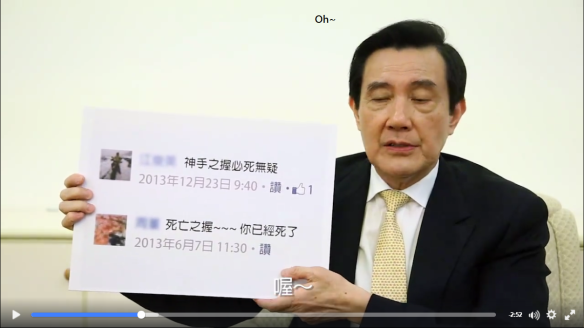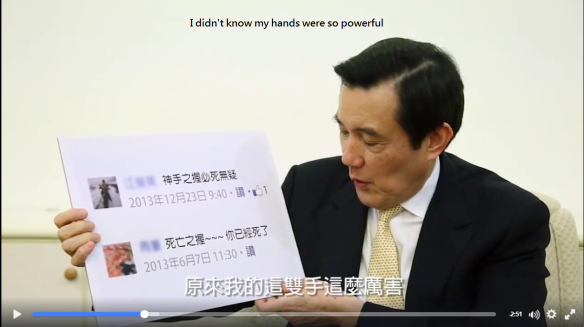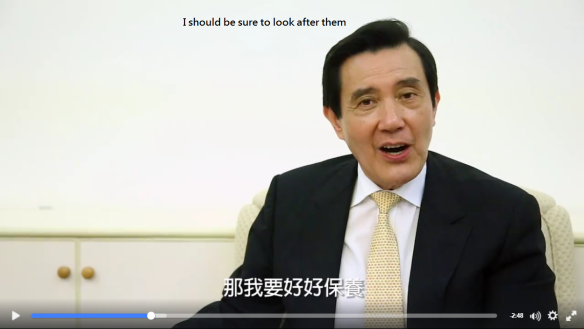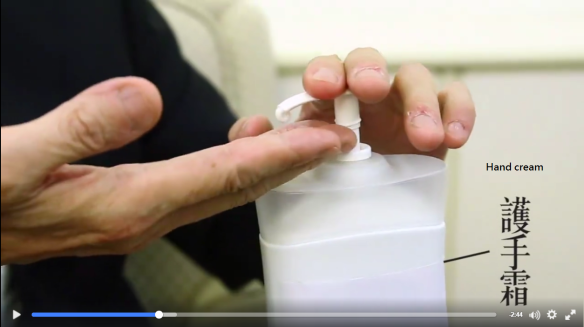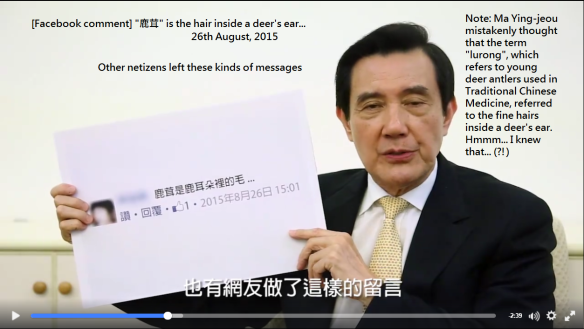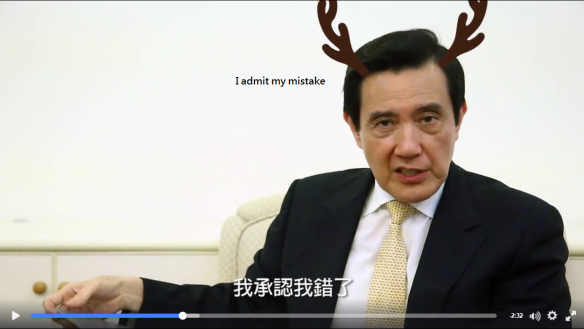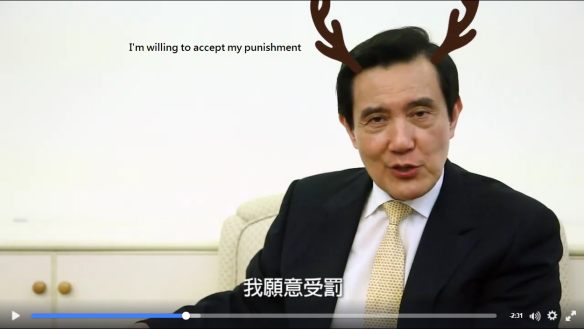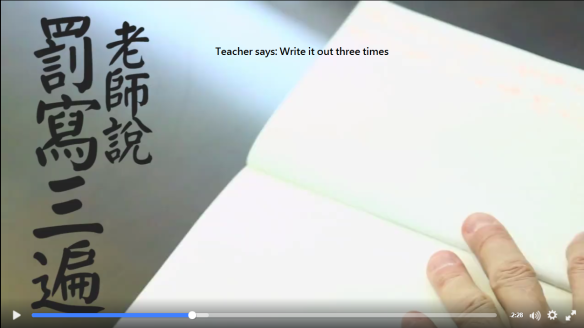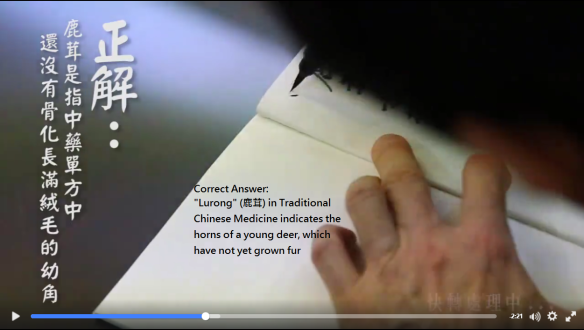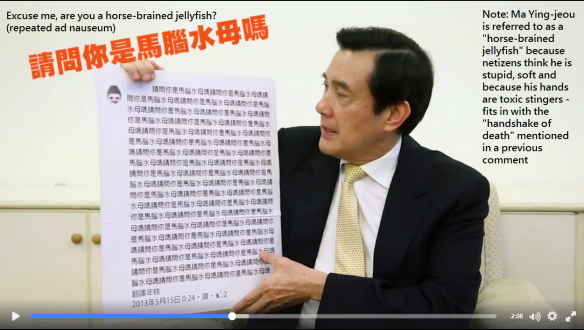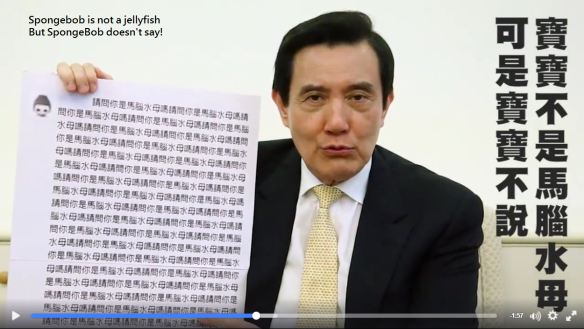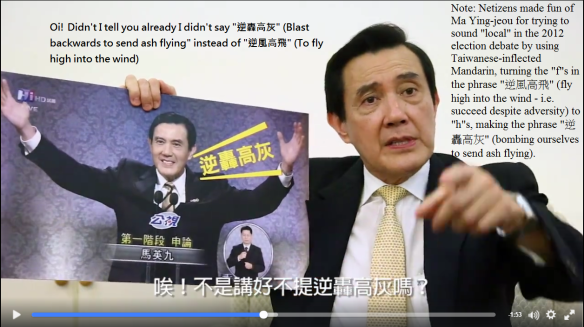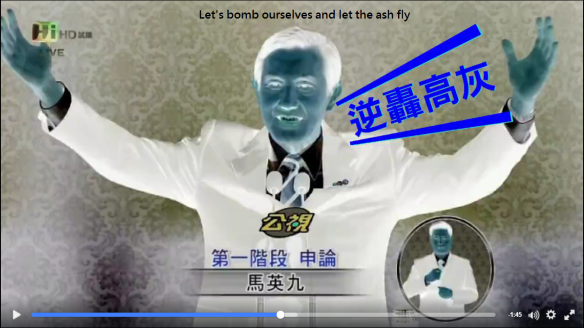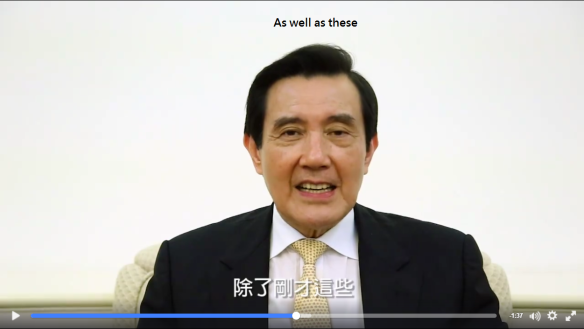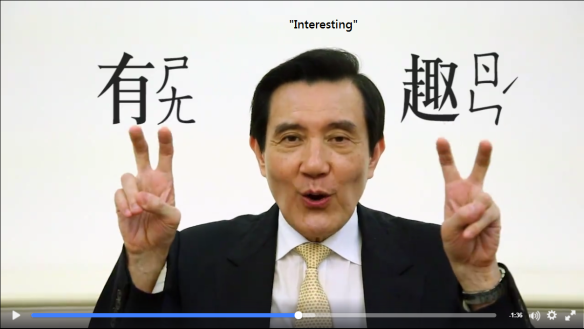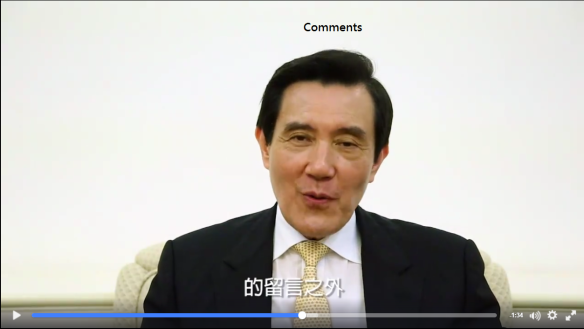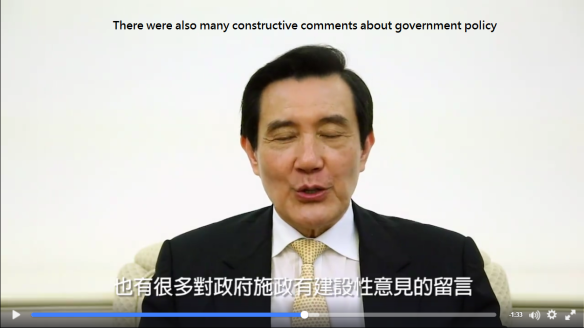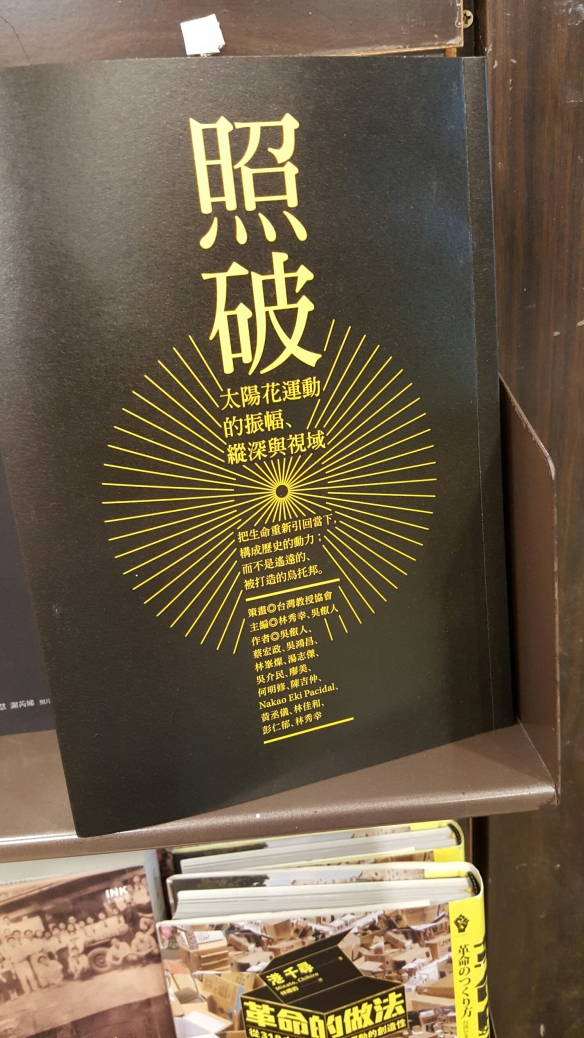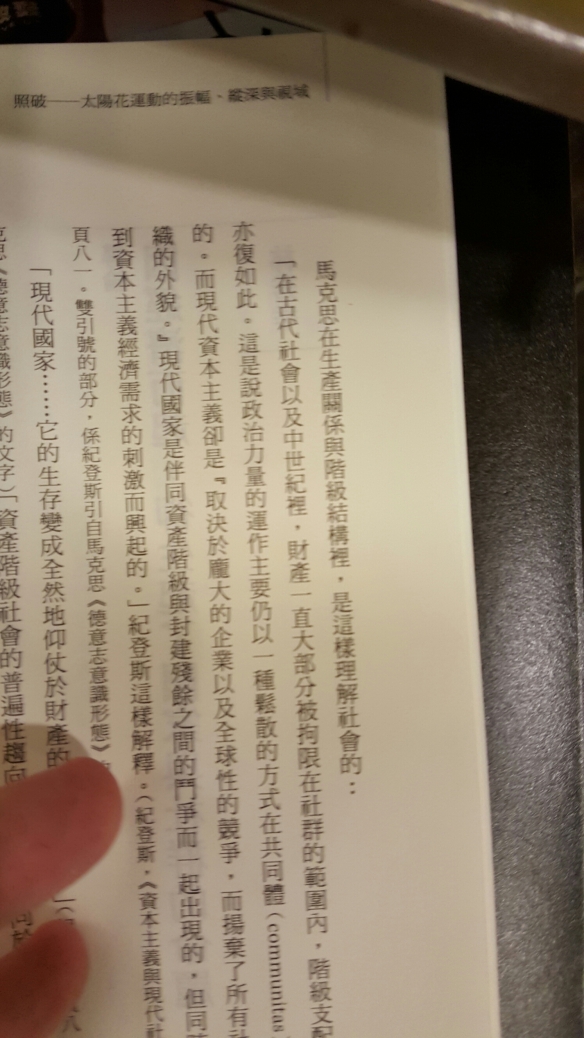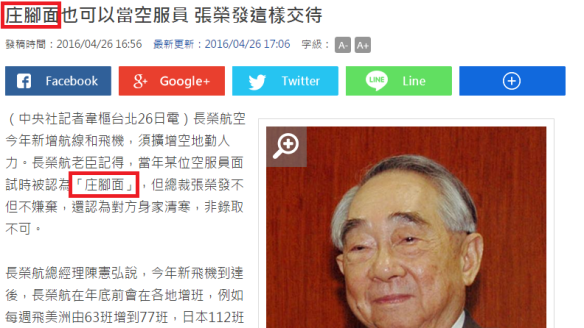 I thought that the recent trademark dispute between Taiwanese tea brands 「茶裏王」 (King of Tea) and 「阿里王 Ali One」 that resolved in favour of the former was interesting because two characters 「里」 and 「裏」 have been seen by the Taiwan Intellectual Property Court as the same character.
I thought that the recent trademark dispute between Taiwanese tea brands 「茶裏王」 (King of Tea) and 「阿里王 Ali One」 that resolved in favour of the former was interesting because two characters 「里」 and 「裏」 have been seen by the Taiwan Intellectual Property Court as the same character.
「茶裏王」 was launched in the early 2000s by Tainan-based international food conglomerate Uni-President Enterprises Corporation, while 「阿里王 Ali One」 was launched in 2014 by a woman called Huang Yi-zhen (黃逸蓁).
The name 「茶裏王」 translates to “King of Teas” because the 「裏」, a common variant of the character 「裡」, means “among” or “in” – so it’s literal meaning is “among teas a king”. 「阿里王」 however, just uses 「里」 as a phonetic particle as part of 「阿里」which alludes to 「阿里山」 (Alishan National Scenic Area) – which itself is a transliteration of the Tsou (鄒) aboriginal name for the area “Jarissang”. In fact, although 「里」 means “in” in simplified Chinese, in which it is used in place of 「裡」 and 「裏」, in traditional Chinese, it is only used as a unit of measurement (approx 500m) and for an administrative unit under township (neighborhood/village). Each district in Taipei has an individual li, as shown in the street sign below:

While the 「王」 in 「茶裏王」 means “King”, the 「王」 in 「阿里王 Ali One」 appears primarily to be a transliteration of the English word “one”, hence the product’s English name. A similar example is the 「旺」 in 「旺旺集團」, which is anglicized using the English word “want”, to give you the Want Want Holdings Group – the company at the center of the media monopoly protests in Taiwan and my former employer. However, there’s also a sense that the 「阿里王 Ali One」 trademark is also playing off the use of the word 「王」 as both a transliteration and for its literal meaning as “king”, i.e. King of Ali (referencing Alishan, an important tea-growing area in Taiwan). So the case for the third character is not as strong as that for the second, in my unqualified view.
Thus, the Intellectual Property Court finding as quoted by this report on the trademark case would seem to be incorrect:
智財法院認為,「茶裏王」、「阿里王Ali ONE」商標都是用於茶葉商品,第二個字皆有「里」字,第三個字皆為「王」字,對消費者而言近似程度高,加上「茶裏王」商標使用久、知名度高,因此應給「茶裏王」較大的保護,今判統一勝訴,智財局須撤銷「阿里王Ali ONE」商標註冊,全案仍可上訴。
The Intellectual Property Court found that the trademarks “茶裏王” (King of Tea) and “阿里王 Ali One” are both used to market tea products, and that the second character in each is “里” while the third characters in each are both “王” (King), so they are very similar for consumers. In addition because the “茶裏王” trademark has been in use for a long time and is very well-known. because of this, “茶裏王” should have greater protection, so Uni-President Enterprises Corporation won the case today, and the Taiwan Intellectual Property Bureau rescinds the trademark granted for “阿里王Ali One”, although the case is still subject to appeal.
The 「茶裏王」 bottles have recently been featuring thought-for-the-day style “profundities” (note the use of speech marks) such as the one below, which I thought was particularly apt to go with this post:

Photocopy machines are used to remind you
That if you only copy
You’ll stay in the corner forever
Have you done something innovative today?
















 I thought that the recent trademark dispute between Taiwanese tea brands 「茶裏王」 (King of Tea) and 「阿里王 Ali One」 that resolved in favour of the former was interesting because two characters 「里」 and 「裏」 have been seen by the Taiwan Intellectual Property Court as the same character.
I thought that the recent trademark dispute between Taiwanese tea brands 「茶裏王」 (King of Tea) and 「阿里王 Ali One」 that resolved in favour of the former was interesting because two characters 「里」 and 「裏」 have been seen by the Taiwan Intellectual Property Court as the same character.


